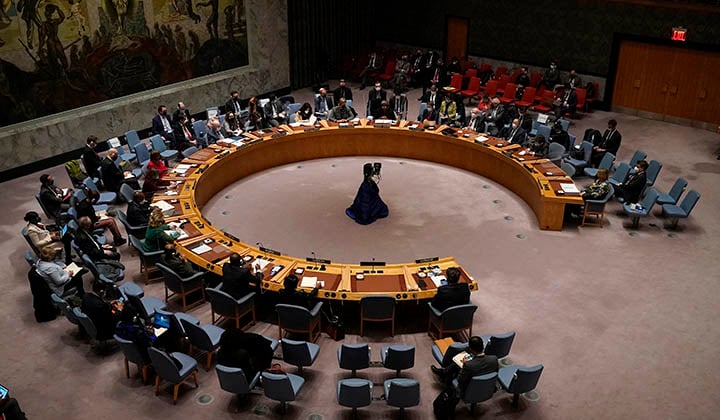
The Federal Government yesterday renewed its push for a permanent seat on the United Nations Security Council as part of broader institutional reforms, highlighting Nigeria’s growing population, its stabilising role in regional security, and its consistent contributions to global peacekeeping.
At the general debate of the 80th session of the United Nations General Assembly (UNGA) in New York, President Bola Tinubu—represented by Vice President Kashim Shettima—stressed that Nigeria’s population has surpassed 200 million, while its military has participated in 51 of the 60 UN peacekeeping operations since independence in 1960.
In his address, Tinubu also called for urgent measures to promote sovereign debt relief, easier access to trade, and financing for emerging economies. He proposed the creation of a binding global mechanism to manage sovereign debt.
The president further emphasized the need for resource-rich nations to derive equitable benefits from their mineral wealth through investment, local processing, partnerships, and job creation. He also advocated for a global initiative to unite governments, private sector players, researchers, and communities to bridge the digital divide and expand access to technology.
Meanwhile, South African President Cyril Ramaphosa urged an end to the weaponisation of trade, warning that policy volatility in global trade was destabilising the world economy.
“United Nations will recover its relevance only when it reflects the world as it is, not as it was. Nigeria’s journey tells this story with clarity. When the UN was founded, we were a colony of 20 million people, absent from the tables where decisions about our fate were taken; today, we are a sovereign nation of over 236 million, projected to be the third most populous country in the world, with one of the youngest and most dynamic populations on earth.
“A stabilising force in regional security and a consistent partner in global peacekeeping, our case for permanent seat at the Security Council is a demand for fairness, for representation, and for reform that restores credibility to the very institution upon which the hope of multilateralism rests.
“This is why Nigeria stands firmly behind the UN80 Initiative of the Secretary-General, and the resolution adopted by this Assembly on 18 July 2025, a bold step to reform the wider United Nations system for greater relevance,
efficiency, and effectiveness in the face of unprecedented financial strain. “We support the drive to rationalise structures and end the duplication of responsibilities and programmes, so that this institution may speak with one voice and act with greater coherence,” he said.








